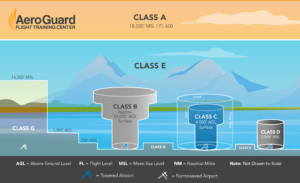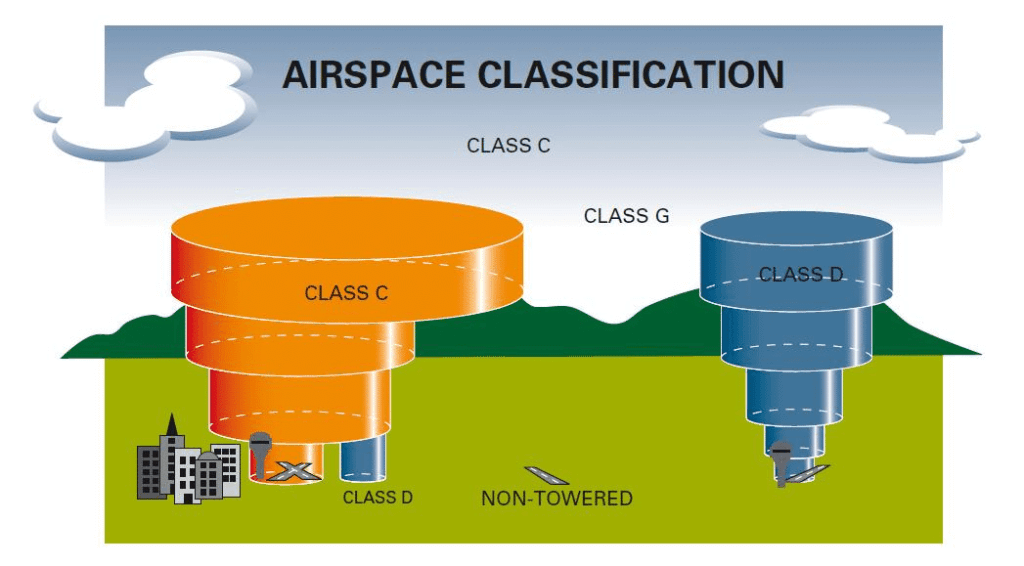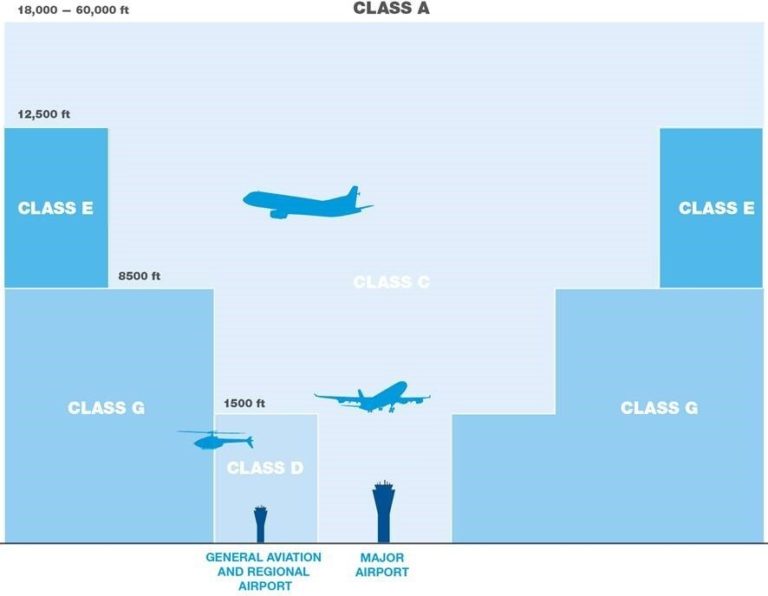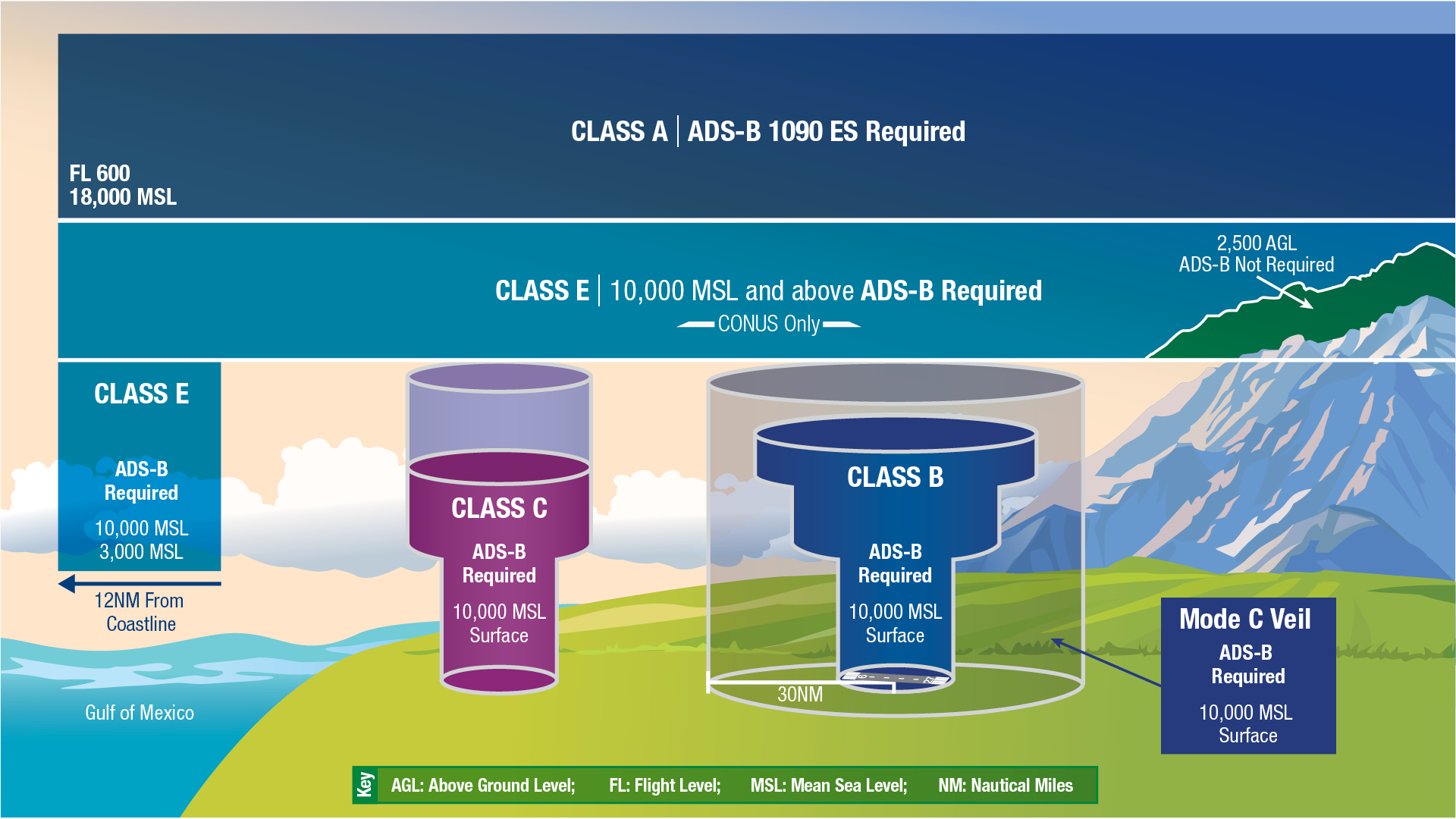class g airspace australia
Find out about airspace regulations and the equipment you need for communication and navigation. Some non-controlled aerodromes host a huge diversity of aircraft.

How To Memorize Airspace In 5 Minutes Youtube
Optional not real airspace.

. All Classes of Airspace LK8000. Read more about this topic. At any time this mix might include larger passenger aircraft general aviation aircraft and light sport aircraft.
114 Airspace standards 5 12 Class G Airspace 5 121 Description of Australian Class G airspace 5 122 History of change to Class G airspace 6 123 Safety issues associated with current Class G airspace 7 124 Cost of directed traffic information 10 125 Compliance with ICAO requirements 10 126 Comparison with overseas systems 11. Updated 263 Class E Airspace and 264 Class G airspace. Airspace which is not Class AE.
We pay our respect to them and their cultures and to the elders past and present. Non-Mandatory Radio CTAFs Class G. Mandatory Radio CTAFs Class RMZ.
Class Gis used wherever other classes are notalmost always from the surface to the base of the overlying Class A C D or E airspace. Airspace Class Use of Airspace Classes. In Australian Class G airspace third-party directed traffic information is provided to pilots of aircraft operating under the instrument flight rules.
Airspace is assigned into categories which determine the level of service provided. Sydney terminal control area is controlled by Airservices Australia. Father Of The House - Australia.
Class G airspace or uncontrolled airspace has the lowest level of service and the fewest restrictions on aircraft operations. In Australia these range from Class A typically en route high level airspace to Class G uncontrolled airspace predominantly used by light aircraft. In Australia there are five classes of controlled airspace A C D E and GAAP and one non-controlled class G.
Airspace which is not defined as controlled airspace is non-controlled. 14 rows Class G airspace will always start at the ground and go up to 14500 msl as a. Be heard be seen be safe.
At any time this mix might include. Minimum flight visibility and distance from clouds required for VFR flight are contained in 14. Rules governing VFR flight have been adopted to assist the pilot in meeting the responsibility to see and avoid other aircraft.
Primarily this is because non- controlled aerodromes in Australia can experience a high volume of traffic and host a huge diversity of aircraft types. We acknowledge the traditional owners of the country throughout Australia and their continuing connection to land sea and community. There are three general airspace design models used in Australia.
All Classes of Airspace XCSoar. Generally base 8500 ft AMS Surrounding or overlying some CTR Some low-level terminal airspace when the associated TWR is closed. The reporting flight planning and operational requirements of your flight can vary significantly depending on what class of airspace you will be operating in so it is important to understand.
Class G airspace uncontrolled is that portion of airspace that has not been designated as Class A Class B Class C Class D or Class E airspace. Within Class G uncontrolled airspace some aerodromes operate a Common Traffic Advisory Frequency CTAF which imposes a requirement for radio to be carried and used but does not affect the operational services or requirements provided by air traffic services. Other articles related to australia.
There is no real Class F airspace in Australia so turn off display for Class F if North Arrows NOT required XCSoar. Class G uncontrolled airspace exists below the control areas and extends from the surface to the. More information on classes of airspace is available.
Within continental Australia outside radar coverage above FL180 where Class A base is FL245 Within radar coverage in specifc locations or corridors under Class C or Class A airspace. Special Use and Other Airspace Classes Special Use Airspace SUA is a designated area in which activities must be confined because of their nature where limitations may be imposed upon aircraft not part of those activities or both. CTAF North Arrows Class F.
Australias non-controlled or CARRYING A RADIO Class G airspace is different to most parts of the world. A non-controlled aerodrome is an aerodrome in non-controlled airspace also known as Class G airspace.

Australian Airspace Classification System

This Is How Class G Airspace Works Boldmethod

This Is How Class G Airspace Works Boldmethod

This Is How Class G Airspace Works Boldmethod

Which Radio Frequency Should Commercial Drone Pilots Be Using
Controlled Airspace Overview Pilot Practice Exams Com

Airspace Classes How Are They Defined Aeroguard

The Two Main Classifications Of Airspace
Controlled Airspace Overview Pilot Practice Exams Com

Airspace Classes Types Of Airspace Classes And How They Are Defined Atp Flight School
What Is The Difference Between The Airspace Classes For Non Pilots Quora

How To Fly Your Drone In Controlled Airspace Dronegenuity

Pilot S Guide To Class E Airspace Flight Training Central

Understanding Class G Airspace Private Pilot Online Ground School

Vmc In Australian Airspace Youtube

Airservices Proposes Lower Class E For East Coast Australian Flying

3 Airspace Classes Courtesy Of U S Department Of Transportation Download Scientific Diagram